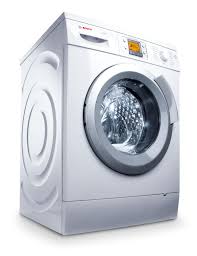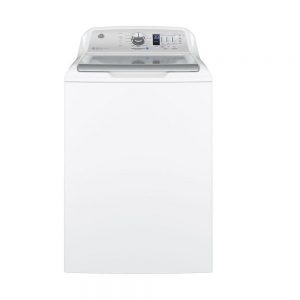Top-Load vs Front-Load Washers
Doing laundry is never fun. But having a proper washer that satisfies your needs can make it easier. As there is a wide range of washing machines on the market, to pick the right one can be tricky. The main decision here is either it will be a top-load washer or a front-load one.
Front-Load Washers’ Pros
According to many consumer reviews front-loaders clean better. Maybe, you won’t notice very significant difference at first. But because of the combination of washer chamber and proper detergent the results can be surprising.
They use less water. Even compared to the new high-efficiency top-load washers, they still have a big advantage here.
Because front-loaders use less water and their spin cycle is faster, your dryer will take less time to dry the load. This means front-load washers save you energy.
Also this kind of washers lets you stack a dryer on top of them. Sometimes it’s a good option, when you have limited space for laundry units.
Front-Load Washers’ Cons

As the door located on the front, you won’t be able to add clothes in the mid-cycle.
Front-loaders tend to have more mold and mildew problems.
Top-Load Washers’ Pros
For some places top-loaders fit better. As sometimes you just don’t have room for swinging washer’s door open.
Also, it lets you add more items during the cycle in case of forgetting anything.

Top-Load Washers’ Cons
Washing cycles are typically longer. Especially if we compare them to the top-loaders of old agitator-style.
You can’t place a dryer on top of such washing machines. Though there are some compact models that come as a single .
There is one common disadvantage of both, front- and top-load washers. All new machines tend to break easier. Because manufacturers use more plastic details and electronics to make them run more efficiently.


